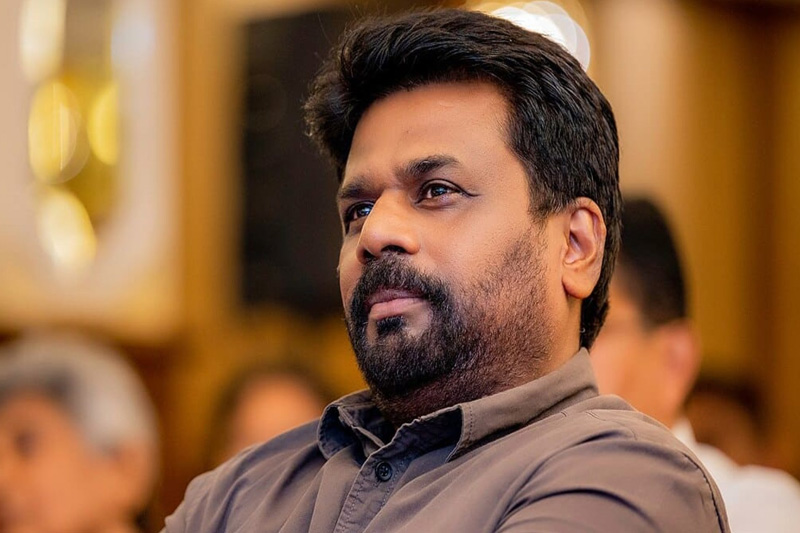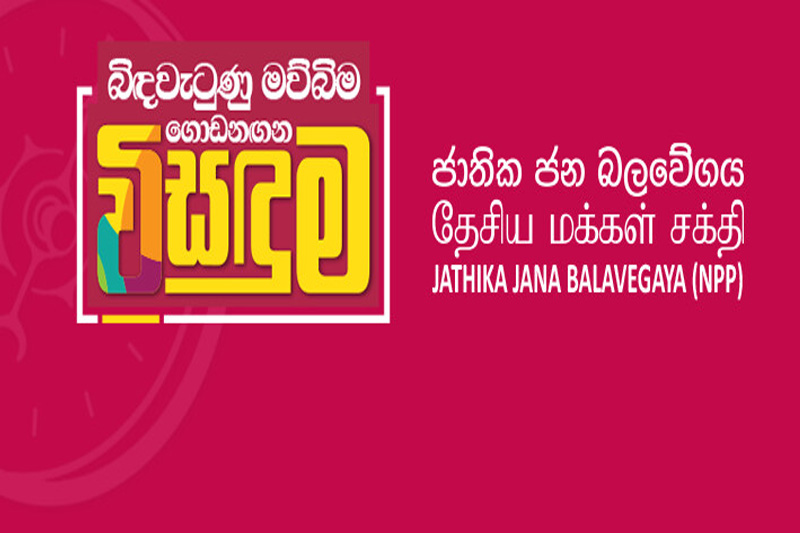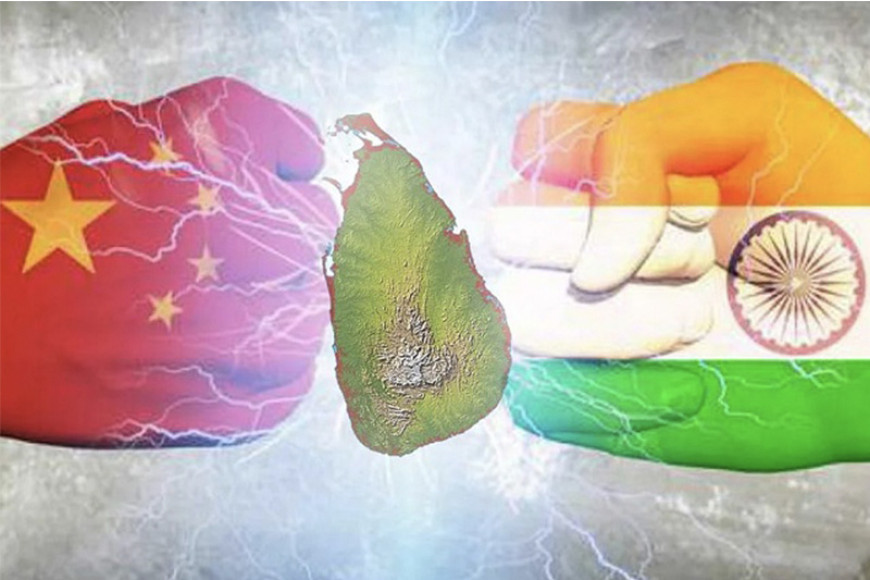Sri Lanka stands at the crossroads of geopolitical tensions as China's rapid economic growth challenges America's dominance in South Asia. As the U.S. and China engage in a strategic rivalry that some describe as a potential "new Cold War," smaller nations like Sri Lanka find themselves caught between the competing influences of these global powers, as well as the regional presence of India.
Amidst these international dynamics, Sri Lanka's upcoming general election has failed to generate much enthusiasm among its citizens. The general sentiment is one of predictability, with many people believing they already know the election's outcome. The focus primarily lies on the opposition voters, whose interest is limited to whether their preferred candidates will be represented.
The last presidential election marked a significant shift in Sri Lankan politics when, for the first time, a leader with minimal power was elected. Many of those who participated in the election did so primarily to vote against the eventual winner. Even the newly elected president acknowledged this lack of majority support in his initial speech to the nation, hinting at the challenges his party might face in the forthcoming parliamentary election.
However, the divided state of the opposition, which suffered a setback in the presidential election, leaves it poorly positioned to mount a strong challenge in the parliamentary race. This division could open the door for the National People's Power (NPP) to secure the majority it missed in the presidential election.
A key player in this unfolding political scenario is Anura Kumara Dissanayake, who has been actively engaging in international diplomacy. Of particular note was his covert visit to China in December, which went unnoticed by the public.
Unlike his other trips, which were well-documented in the media, this visit was kept under wraps. During his meetings with Chinese officials, facilitated by Sun Haiyan, a deputy minister in the Communist Party of China's International Department, Anura sought to understand what kind of support China could offer if his party assumed power.

Following this visit, Sun Haiyan traveled to Sri Lanka and held further discussions with Anura, as well as meetings with then-President Ranil and opposition leader Sajith Premadasa. During these discussions, she presented Anura with a file of proposals outlining specific ways China could support the JVP in governing Sri Lanka.
One of the key promises was the potential boost to Sri Lanka's tourism industry, with China proposing to send up to one million tourists to the island over two years, beginning with an immediate influx of 300,000 tourists by the upcoming December season.
This commitment from China has drawn attention from Western nations, who are beginning to scrutinize Anura's growing ties with Beijing. Despite these concerns, Anura appears to be navigating a diplomatic balancing act, maintaining relations with China, India, the West, and international bodies like the IMF. His balanced approach was evident during the recent visit of Indian Foreign Minister S. Jaishankar to Sri Lanka, which many saw as an invitation for Anura to prioritize India in his foreign policy engagements.
On the domestic front, the political landscape is once again charged as Sri Lanka prepares for the parliamentary election, albeit with a more subdued atmosphere following the recent presidential campaign. Historically, Sri Lankan political trends have shown that the party winning the first national-level election often goes on to secure subsequent victories. This trend has been observed since the era of J.R. Jayewardene and continued through the tenures of leaders like R. Premadasa, Chandrika Bandaranaike Kumaratunga, Mahinda Rajapaksa, Maithripala Sirisena, and Gotabaya Rajapaksa.
This parliamentary election is set to be historic, as it is the first time the JVP-led NPP, traditionally a third political force, has ascended to power following its presidential victory. If successful, it would be the first instance of a leftist political party forming a government in Sri Lanka without the need for coalition support.

Amid this shifting political terrain, traditional parties like the Samagi Jana Balawegaya (SJB), Sri Lanka Podujana Peramuna (SLPP), Sri Lanka Freedom Party (SLFP), and United National Party (UNP) seem to be in disarray, struggling with internal conflicts over leadership, alliance strategies, and candidate selections. This lack of unity within the opposition could enable the JVP/NPP to push for a strong parliamentary majority, possibly even a two-thirds majority.
A new research project funded by the European Commission has highlighted concerns about the weakening political representation of minority ethnic and religious groups in Sri Lanka. Major parties like the UNP, SJB, and SLPP have increasingly marginalized minority voices within their ranks, while ethnic minority parties remain divided, focusing more on aligning with the majority agenda rather than advocating for their communities' rights.
Researcher from Oxford Brookes University, points out that minority politicians are finding fewer opportunities to raise issues related to their communities within these major parties. The trend now favors alliances with minority parties instead of fielding minority candidates directly, which has led to a perception of opportunism and corruption among these politicians.
This situation is especially concerning in regions like the Eastern Province, where the rise of independent candidates and fragmented party loyalties has created tensions, raising the risk of electoral violence. The Eastern Social Development Foundation (ESDF) emphasizes the need for minority party leaders to focus on long-term ethnic and minority rights rather than short-term political gains.
The research also reveals a troubling trend regarding the political participation of women from minority communities. When women are included in nomination lists, they often receive insufficient support, funding, or opportunities to raise their profiles within the political landscape, which further undermines their ability to effect change.
As Sri Lanka navigates these complex political dynamics, its leaders must address both internal challenges and external pressures. The nation stands on the cusp of potential transformation, influenced by not just its domestic political shifts but also the broader geopolitical strategies of major powers like China, India, and the West
. The outcome of the upcoming parliamentary election will not only shape the country's immediate future but also its role in the evolving power dynamics of South Asia.



